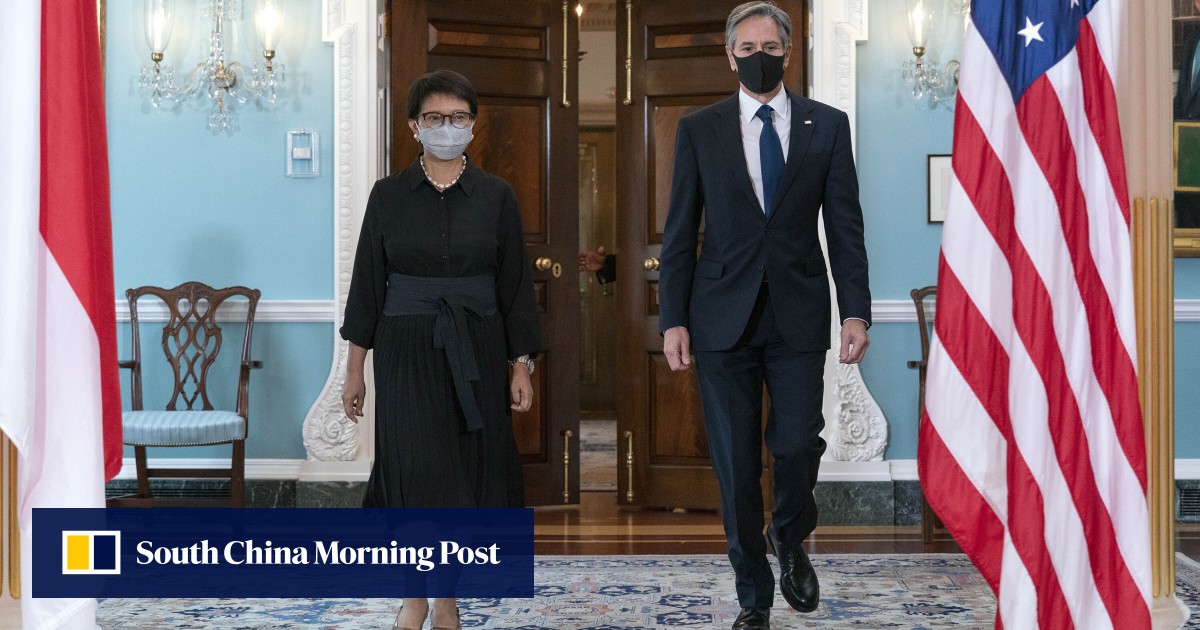The Economic Impact Of Trump's Trade Actions On America's Global Finance Role

Table of Contents
Tariffs and their impact on US industries and global trade.
Trump's administration implemented sweeping tariffs on a wide range of imported goods, triggering a global trade war. These actions, while aimed at protecting American industries and reducing the trade deficit, had far-reaching and complex consequences.
Increased costs for consumers and businesses.
- Increased prices: Tariffs on imported steel, aluminum, and consumer goods directly increased the prices of these products for American consumers and businesses. The impact on the consumer price index (CPI) was noticeable, contributing to inflationary pressures.
- Reduced consumer spending: Higher prices led to decreased consumer spending in certain sectors, impacting economic growth. Analysis shows a correlation between tariff implementation and slowed growth in consumer durables.
- Impact on inflation: The inflationary pressures exerted by the tariffs further complicated economic policymaking, forcing the Federal Reserve to navigate a more complex environment.
Retaliatory tariffs and their effect on US exports.
- Trade wars: Trump's tariffs prompted retaliatory measures from countries like China and the European Union, significantly impacting US exports. These retaliatory tariffs targeted key agricultural products and manufactured goods.
- Decline in US exports: The imposition of these tariffs led to a decline in US exports in several key sectors, impacting American businesses and jobs. Industries such as agriculture and manufacturing were particularly hard hit.
- Increased trade deficit: Despite the stated aim of reducing the trade deficit, the trade war paradoxically led to an increase in trade imbalances in some areas.
Shifting global supply chains and the restructuring of international trade.
- Supply chain disruption: The trade war and resulting uncertainties led many companies to reconsider their global supply chains. The increased costs and risks associated with reliance on specific countries pushed businesses towards diversification and regionalization.
- Reshoring and nearshoring: Some companies chose to "reshoring" (bringing manufacturing back to the US) or "nearshoring" (relocating production to nearby countries), impacting global trade patterns. However, these shifts often proved more costly and less efficient than previously established global supply chains.
- Rise of regional trade blocs: The trade tensions heightened the importance of regional trade agreements, as nations sought closer economic ties within smaller geographic areas. This trend has weakened the multilateral trading system.
The impact on the US dollar and international capital flows.
Trump's trade policies also had a significant impact on the US dollar and international capital flows, affecting America's position in the global financial system.
Changes in the value of the US dollar.
- Currency fluctuations: The uncertainty caused by the trade wars led to considerable fluctuation in the value of the US dollar. The dollar's strength or weakness influenced foreign investment and the cost of imports and exports.
- Effect on foreign investment: The trade policies’ unpredictability created concerns about the stability of the US economy and potentially deterred some foreign investment.
- Impact on interest rates: Fluctuations in the dollar and uncertainty surrounding the trade policies affected US interest rates, creating challenges for monetary policy.
Changes in foreign investment in the US.
- FDI trends: While the overall effect of Trump's trade policies on foreign direct investment (FDI) is complex and debated, some studies suggest a negative impact on long-term investment due to uncertainty and reduced investor confidence.
- Impact on different sectors: The influence of the trade actions varied across different sectors, with some experiencing increased FDI and others facing decline.
- Effect on job creation: The overall impact of the trade actions on job creation is difficult to isolate from other economic factors, but the reduction in exports and investment potentially hampered job growth in certain sectors.
The impact on global financial institutions and regulatory bodies.
- IMF response: The International Monetary Fund (IMF) and other international financial institutions expressed concern about the negative global implications of the trade wars.
- World Bank policies: The World Bank also adjusted its policies and programs in response to the changing global trade landscape.
- Global financial regulations: The trade tensions highlighted the need for better international coordination and cooperation on financial regulations to mitigate risks.
Long-term consequences for America's global financial leadership.
Trump's trade policies had far-reaching consequences for America's role in the global financial system, potentially undermining its long-term leadership.
Changes in America's influence on international economic institutions.
- Global power shift: The trade wars contributed to a shift in global power dynamics, potentially weakening America’s influence in international organizations like the World Trade Organization (WTO).
- Multilateralism: Trump's "America First" approach to trade challenged the multilateral system of international cooperation, raising questions about America's commitment to global governance.
- Trade agreements: The withdrawal from the Trans-Pacific Partnership (TPP) and the renegotiation of NAFTA (USMCA) signaled a shift away from traditional multilateral trade agreements.
The erosion of trust in the US as a reliable trading partner.
- International trust: Trump's unpredictable trade actions eroded trust in the US as a reliable and predictable trading partner, impacting its credibility on the international stage.
- US reputation: The actions damaged America's reputation as a champion of free and fair trade, potentially impacting future economic relations.
- Global economic leadership: The disruptive nature of the policies undermined America's ability to provide effective global economic leadership.
Conclusion: Assessing the Long-Term Effects of Trump's Trade Actions
Trump's trade actions presented a mixed bag of short-term economic effects, with some sectors potentially benefiting from increased protection. However, the long-term consequences for America's global finance role appear predominantly negative. The trade wars resulted in increased costs for consumers, damaged international relationships, and potentially weakened America's influence in global economic governance. The unpredictability and protectionist approach undermined investor confidence and the multilateral trading system. While specific sectors might have experienced short-term gains, the overall cost to America's global economic leadership and its reputation as a reliable trading partner seems substantial.
Further research and discussion on the "Economic Impact of Trump's Trade Actions on America's Global Finance Role" are crucial to fully understanding the complex and evolving ramifications of these policies. We encourage readers to explore related academic research, government reports, and analyses from international organizations to gain a more comprehensive perspective on this critical issue.

Featured Posts
-
 Aramco And Byd Join Forces To Explore Electric Vehicle Innovation
Apr 22, 2025
Aramco And Byd Join Forces To Explore Electric Vehicle Innovation
Apr 22, 2025 -
 Improving Security Relations China And Indonesias Strategic Dialogue
Apr 22, 2025
Improving Security Relations China And Indonesias Strategic Dialogue
Apr 22, 2025 -
 Revolutionizing Voice Assistant Development Open Ais New Tools
Apr 22, 2025
Revolutionizing Voice Assistant Development Open Ais New Tools
Apr 22, 2025 -
 The Selection Of A New Pope An Inside Look At Papal Conclaves And Their Procedures
Apr 22, 2025
The Selection Of A New Pope An Inside Look At Papal Conclaves And Their Procedures
Apr 22, 2025 -
 Return To Classes At Fsu After Deadly Shooting Concerns And Support
Apr 22, 2025
Return To Classes At Fsu After Deadly Shooting Concerns And Support
Apr 22, 2025
